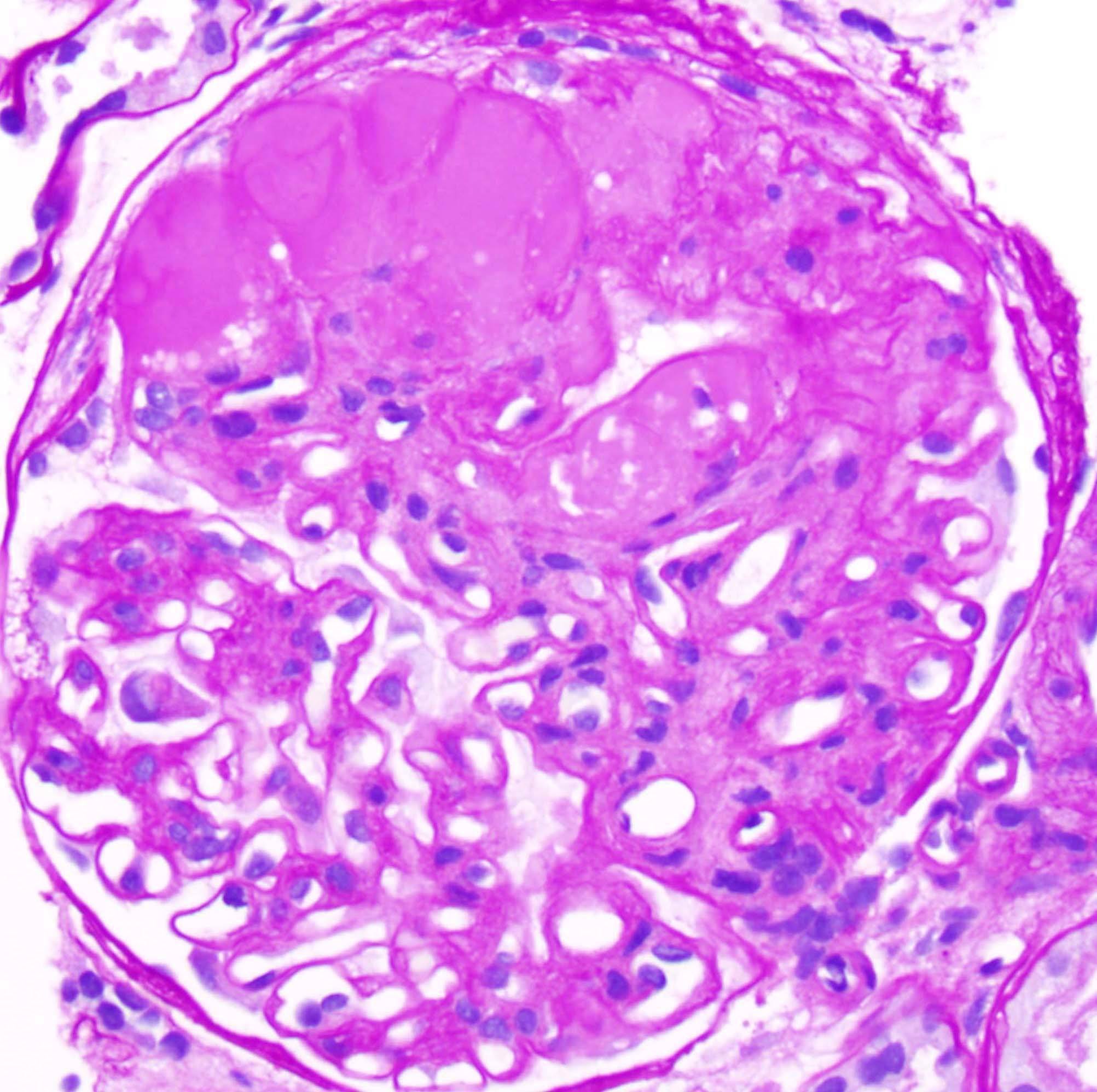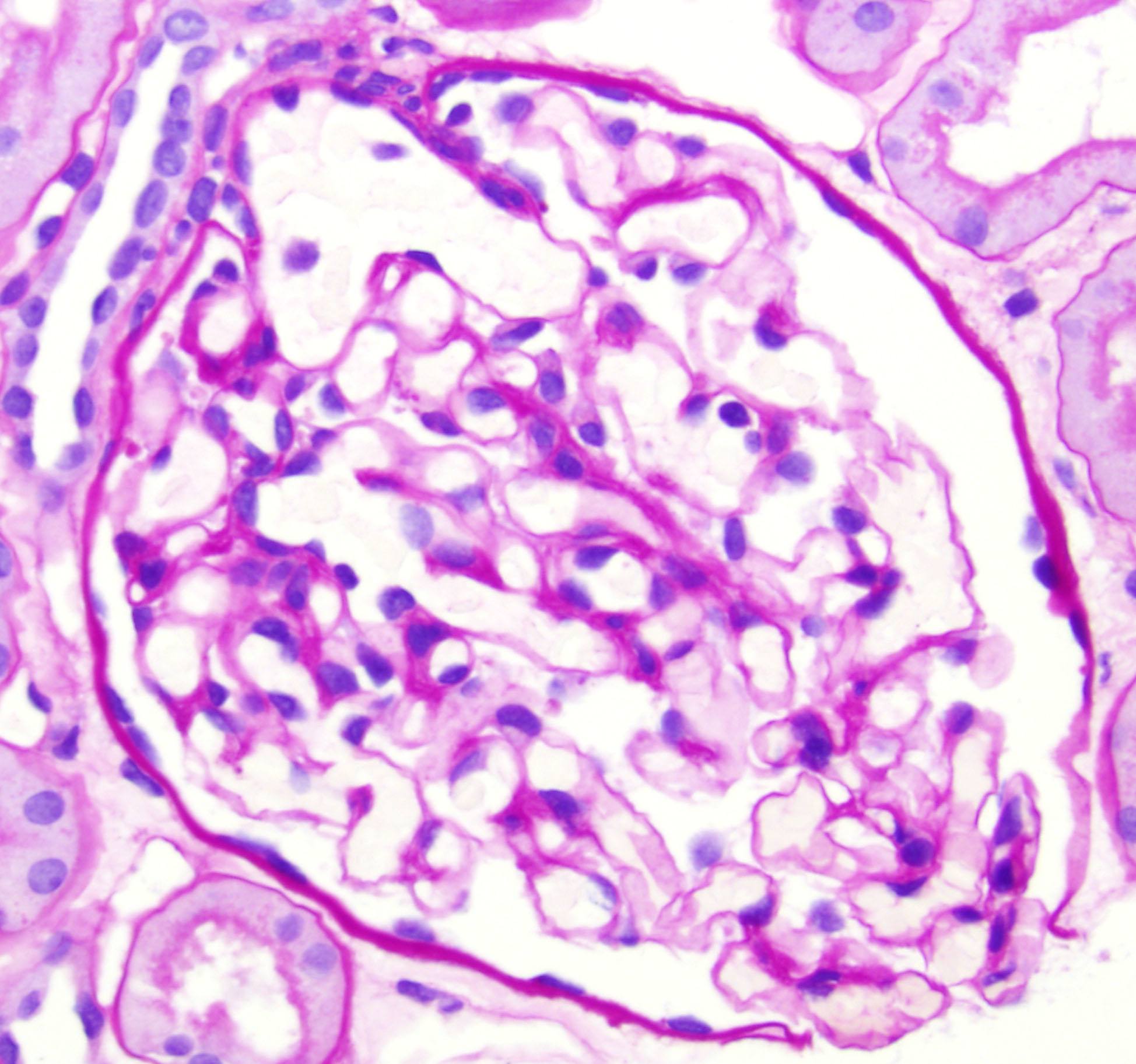What is focal segmental glomerulosclerosis (FSGS)?
Focal segmental glomerulosclerosis (commonly abbreviated as FSGS) is a kidney disease.
It is one of the most common causes of protein in the urine (proteinuria).
What are the signs and symptoms of FSGS?
The most common signs and symptoms of FSGS are:
- Protein in the urine (proteinuria)
- Swelling of the feet and legs in some patients (edema)
- High blood pressure in some patients (hypertension)
What causes FSGS?
Most cases of FSGS have no known cause.
In some cases, FSGS may be genetic and may affect multiple family members.
Other known causes of FSGS include:
- Medications and illicit drugs
- Viral infections
- Obesity
- Smaller than normal kidneys
How is FSGS diagnosed?
A kidney biopsy is the only way to diagnose FSGS because several other kidney diseases produce similar symptoms and laboratory abnormalities.
Why is it important to diagnose FSGS?
- Many kidney diseases cause proteinuria but may differ in treatment from FSGS
- A diagnosis of FSGS may allow your doctor to identify the cause in your case
Is additional testing necessary?
Patients with FSGS may have a genetic cause which can be diagnosed by genetic testing on the kidney biopsy or with a blood test.
What happens to a patient with focal segmental glomerulosclerosis (FSGS)?
- Some patients will respond to treatment
- Some patients will have proteinuria for many years
- Some patients develop renal failure and require dialysis or kidney transplantation
Patient Resource Sheet
Quick note: This post is to be used for informational purposes only and does not constitute medical or health advice. Each person should consult their own doctor with respect to matters referenced. Arkana Laboratories assumes no liability for actions taken in reliance upon the information contained herein.




